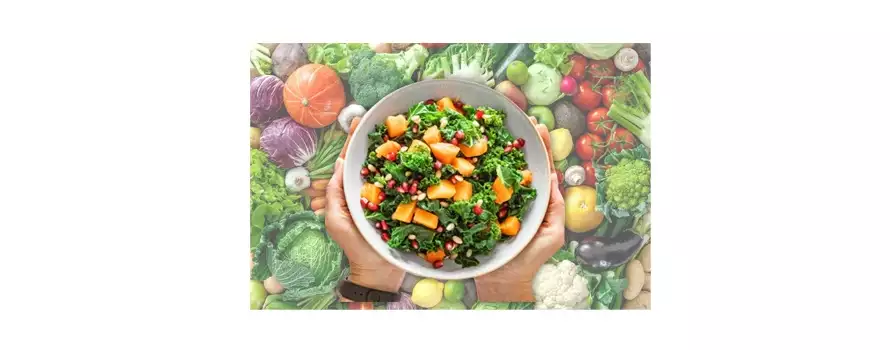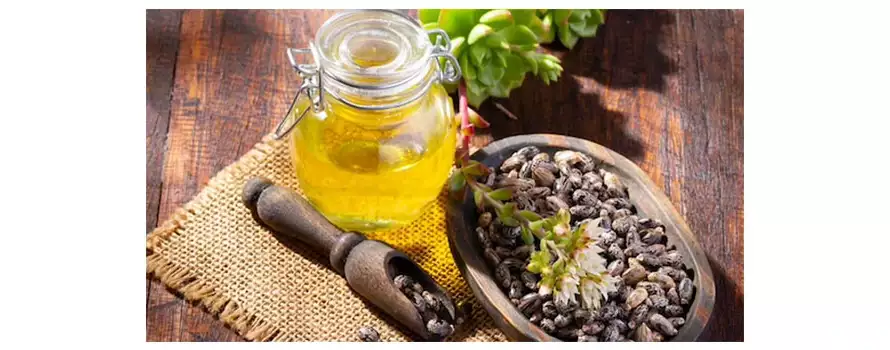Do you often experience sore muscles, particularly in the limbs of your lower legs? Is there a noticeable discolouration there that’s either dark blue or purple? If so, you might be suffering from varicose veins, a common ailment that is characterised by enlarged, protruding veins that are most frequently observed in the legs and feet.
This condition may be brought on by a variety of things, including spending a lot of time in chairs, weight problems, pregnancy, or even digestive problems like bloating or constipation. Certain occurrences of varicose veins are benign and don’t need medical attention right away, but damaged, engorged veins can be a sign of underlying blood circulation issues and recurrent clotting. These are persistent, causing constant pain and discomfort in the legs.
Varicose veins can be treated surgically and non-surgically in a variety of ways. The most popular treatment is Ayurvedic remedies for varicose veins because of their efficiency and minimal side effects.
Here are several Ayurvedic treatments and remedies for varicose veins
Dietary Recommendations:
Ayurveda emphasizes the importance of a balanced diet to maintain overall health and prevent the aggravation of Doshas. Dietary recommendations for managing varicose veins include:
- Fiber-rich Foods: Consume plenty of fibre from fruits, vegetables, whole grains, and legumes to support healthy digestion and prevent constipation, which can contribute to venous congestion.
- Hydration: Drink adequate water throughout the day to maintain hydration and promote proper blood circulation.
- Avoid Processed Foods: Minimize the consumption of processed and refined foods, as they can contribute to inflammation and exacerbate symptoms.
- Herbal Teas: Drink herbal teas made from ingredients such as ginger, turmeric, and cumin to support digestion and reduce inflammation.
Lifestyle Modifications:
In addition to dietary changes, certain lifestyle modifications can help alleviate symptoms and improve venous circulation:
- Regular Exercise: Engage in gentle, low-impact exercises such as walking, swimming, or yoga to promote blood flow and strengthen the muscles that support vein health.
- Leg Elevation: Elevate your legs above heart level while resting to reduce swelling and improve venous return.
- Avoid Prolonged Standing or Sitting: Take frequent breaks to avoid prolonged periods of standing or sitting, as this can increase pressure on the veins and exacerbate symptoms.
- Compression Therapy: Consider wearing compression stockings or socks to provide external support to the veins and improve circulation.
Herbal Remedies:
Ayurvedic herbs and herbal preparations are commonly used to manage varicose veins. Some effective herbs include:
- Triphala: A traditional Ayurvedic formulation consisting of three fruits (amalaki, bibhitaki, and haritaki), triphala is known for its detoxifying and rejuvenating properties. It helps improve digestion, regulate bowel movements, and promote blood circulation.
- Gotu Kola (Centella Asiatica): Gotu kola is a renowned herb in Ayurveda for its ability to strengthen blood vessels and improve microcirculation. It supports collagen production and may help reduce inflammation associated with varicose veins.
- Horse Chestnut (Aesculus hippocastanum): Horse chestnut extract is commonly used in Ayurvedic and Western herbal medicine to treat varicose veins. It contains compounds called saponins, which have venotonic and anti-inflammatory properties that help reduce swelling and improve venous tone.
- Guggul (Commiphora mukul): Guggul is a resin obtained from the mukul myrrh tree and is highly valued in Ayurvedic medicine for its anti-inflammatory and lipid-lowering properties. It may help reduce inflammation and improve circulation in individuals with varicose veins.
External Therapies:
Ayurvedic external therapies can complement internal treatments and provide localized relief for varicose veins:
- Snehana (Oil Massage): Massaging the affected area with warm herbal oils, such as sesame oil or Mahanarayan oil, can help improve circulation, reduce inflammation, and alleviate discomfort associated with varicose veins.
- Kati Basti: Kati basti is a therapeutic procedure in which a ring-shaped reservoir is filled with warm herbal oil and placed over the affected area (such as the lower back or legs). This localized oil treatment helps reduce pain, inflammation, and stiffness in the muscles and veins.
- Herbal Compresses: Applying warm compresses infused with herbs such as turmeric, neem, or witch hazel to the affected area can help reduce swelling, inflammation, and discomfort associated with varicose veins.
Panchakarma Therapy:
Panchakarma, the detoxification and rejuvenation therapy of Ayurveda, may be recommended for individuals with severe or chronic varicose veins. Panchakarma treatments aim to balance the doshas, remove ama (toxins) from the body, and restore optimal health. Specific Panchakarma therapies that may benefit individuals with varicose veins include:
- Virechana (Therapeutic Purgation): Virechana is a cleansing procedure that involves the ingestion of herbal purgatives to eliminate excess pitta and toxins from the body. It helps improve digestion, reduce inflammation, and promote detoxification.
- Basti (Enema Therapy): Basti involves the administration of herbal enemas to cleanse and nourish the colon and promote the elimination of ama from the body. Basti treatments help balance vata dosha, improve bowel function, and support overall detoxification.
Precautions:
While Ayurvedic treatments and remedies can be beneficial for managing varicose veins, it’s essential to consult with a qualified Ayurvedic practitioner or healthcare provider before initiating any new treatment regimen, especially if you have underlying health conditions or are taking medications. Additionally, individualized treatment plans based on your unique constitution (Prakriti) and imbalances (Vikriti) are essential for achieving optimal results in Ayurveda.



